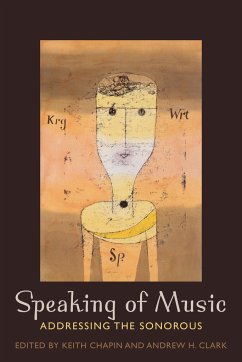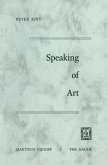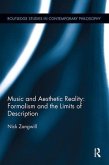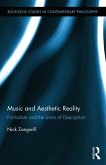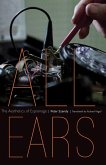People chat about music every day, but they also treat it as a limit, as the boundary of what is sayable. By addressing different perspectives and traditions that form and inform the speaking of music in Western culture-musical, literary, philosophical, semiotic, political-this volume offers a unique snapshot of today's scholarship on speech about music. The range of considerations and material is wide. Among others, they include the words used to interpret musical works (such as those of Beethoven), the words used to channel musical practices (whether Bach's, Rousseau's, or Hispanic political protesters'), and the words used to represent music (whether in a dialogue by Plato, in a story by Balzac, or in an Italian popular song). The contributors consider the ways that music may slide by words, as in the performance of an Akpafu dirge or in Messiaen, and the ways that music may serve as an embodied figure, as in the writings of Diderot or in the sound and body art of Henri Chopin. The book concludes with an essay by Jean-Luc Nancy.
Hinweis: Dieser Artikel kann nur an eine deutsche Lieferadresse ausgeliefert werden.
Hinweis: Dieser Artikel kann nur an eine deutsche Lieferadresse ausgeliefert werden.

